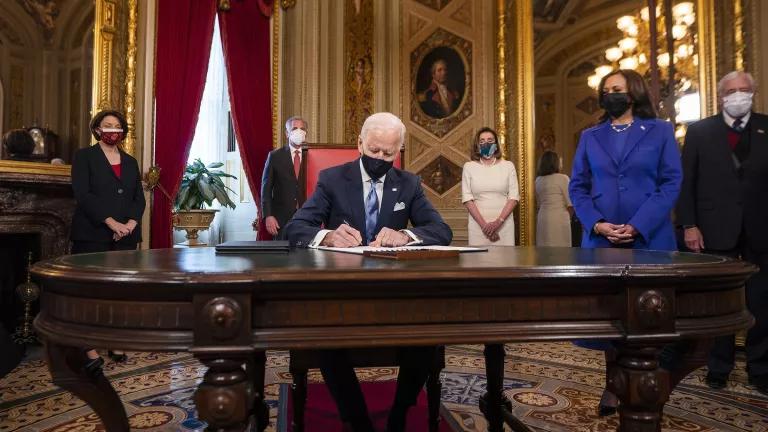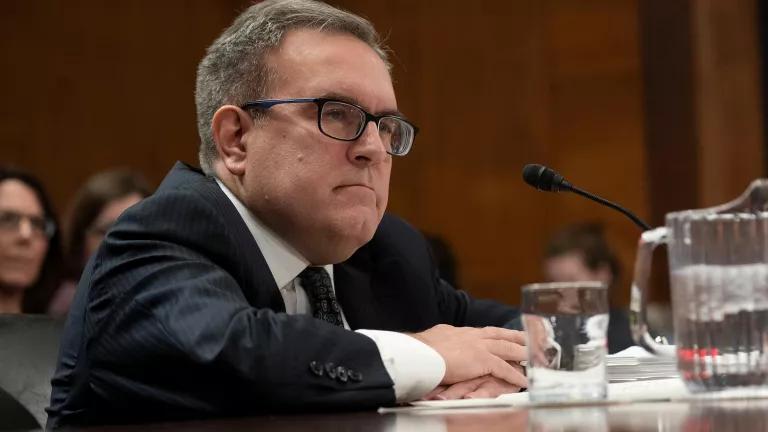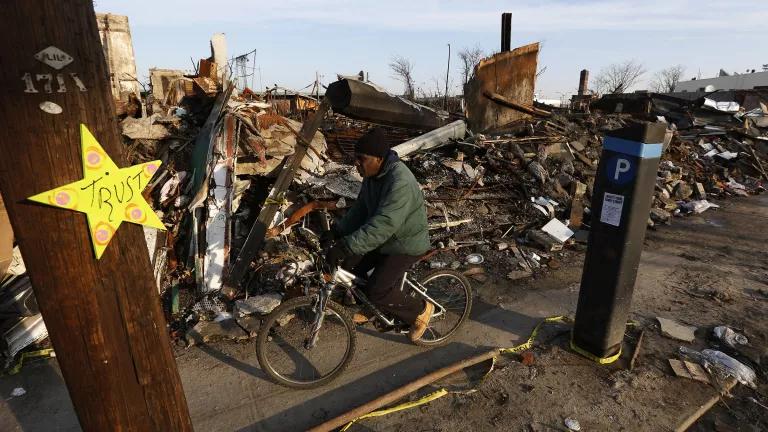NRDC Scientists on “What Is Science and Why Does It Matter?”

“Science is curiosity in action!” This was how NRDC scientist Vignesh Gowrishankar describes science, a powerful statement that epitomizes the wonder and fun of science that draws so many of us to the field.
But science is also a serious and vital endeavor. It is the essential tool for protecting our environment, helping people and saving lives. And that’s why it is at the core of NRDC’s work to protect people and the environment, and has been for more than forty years.
We use science to identify the environmental problems that we need to tackle, to understand the causes of those problems, and then to help forge effective, evidence-based legal, policy and management solutions. Our amazing and talented scientific team includes experts in biology, forestry, geology, hydrology, chemistry, toxicology, physics, engineering, medicine, public health and more. On any given day, they may be researching how to most effectively integrate wind and solar energy into the electricity grid, evaluating the prevalence of toxic chemicals in drinking water supplies, or working with local communities to build climate resilient cities. Combine this with the work of NRDC’s policy experts, attorneys, advocates and communicators—and science is turned into action!
But—to get back to the wonder and fun …
We asked NRDC author and artist Perrin Ireland to interview NRDC scientists and ask them for their take on this simple question: What is science? Here is what she found.
In addition to Vignesh and me, NRDC scientists Kim Knowlton, Lisa Suatoni, David Goldstein, George Peridas, and Maria Bowman shared their thoughts with Perrin and are featured in this video. Please follow the hyperlinks or visit our website to learn more about our work as well as that of our many other scientists and experts.
And, if you believe that science is as essential as we do and if you are as concerned as we are about the current “war on science,” I encourage you to stand up and speak out for science by participating in the March for Science on Saturday, April 22.
Because, as Maria says, we need science “so that we can advance and balance the well-being of all life forms.”



